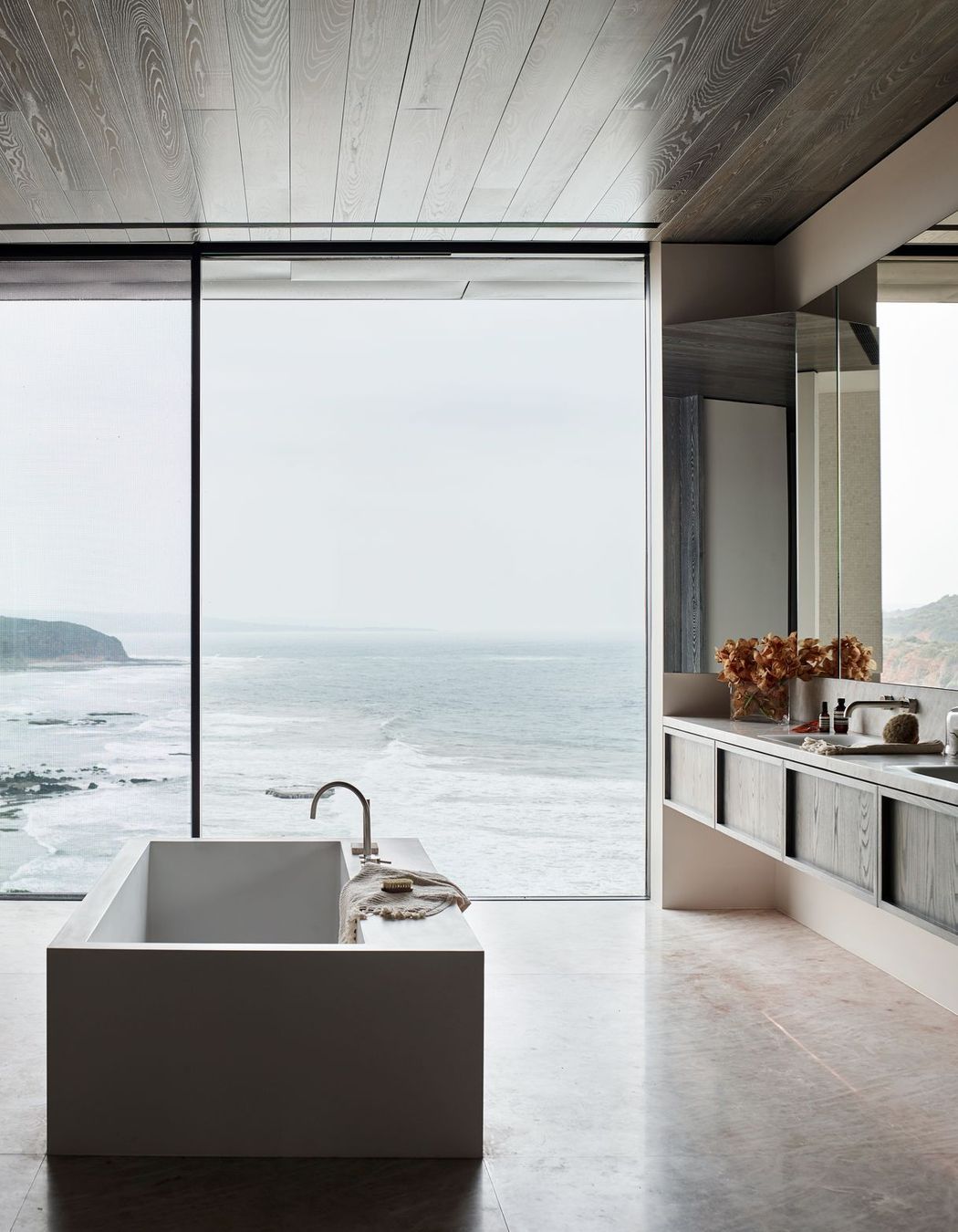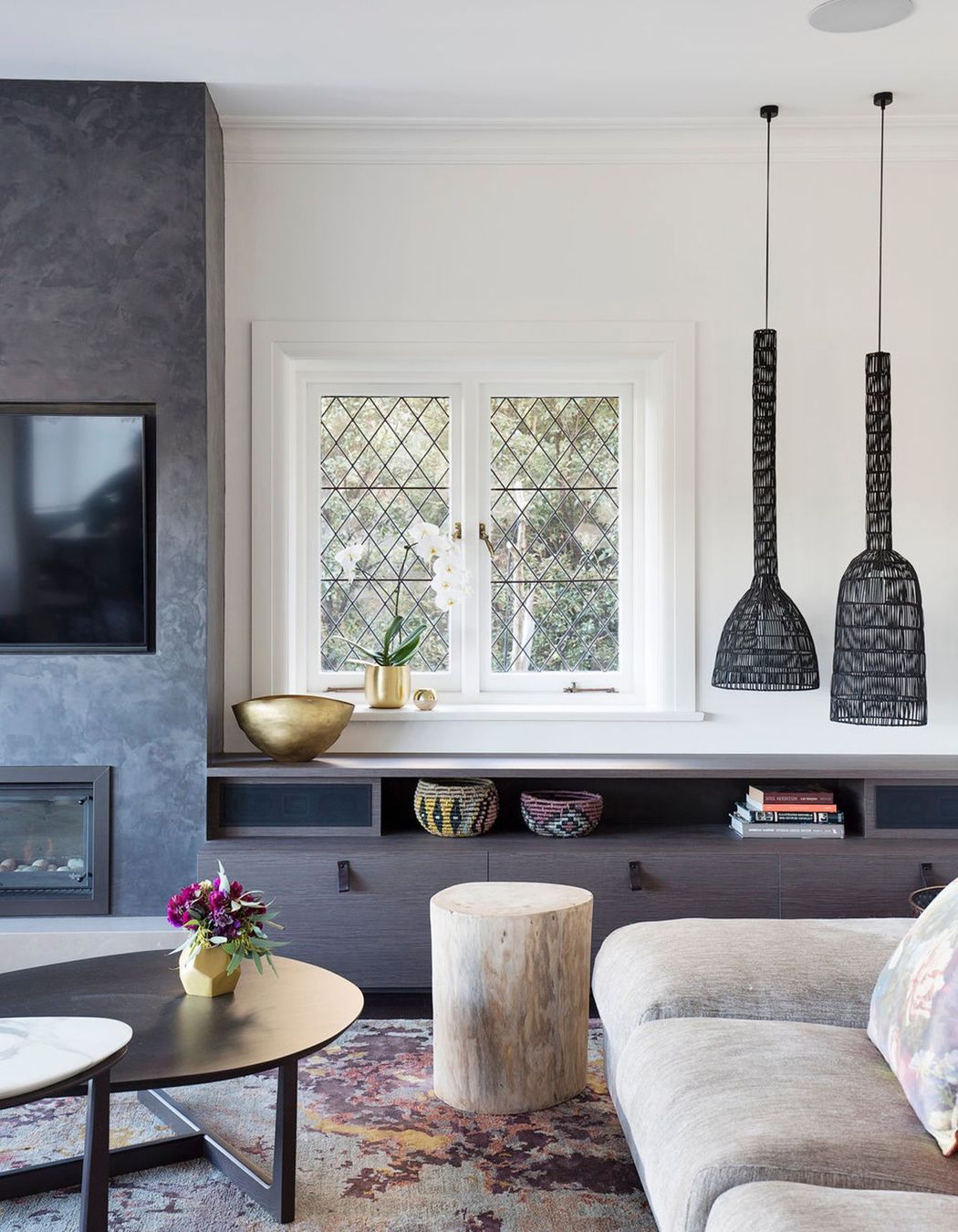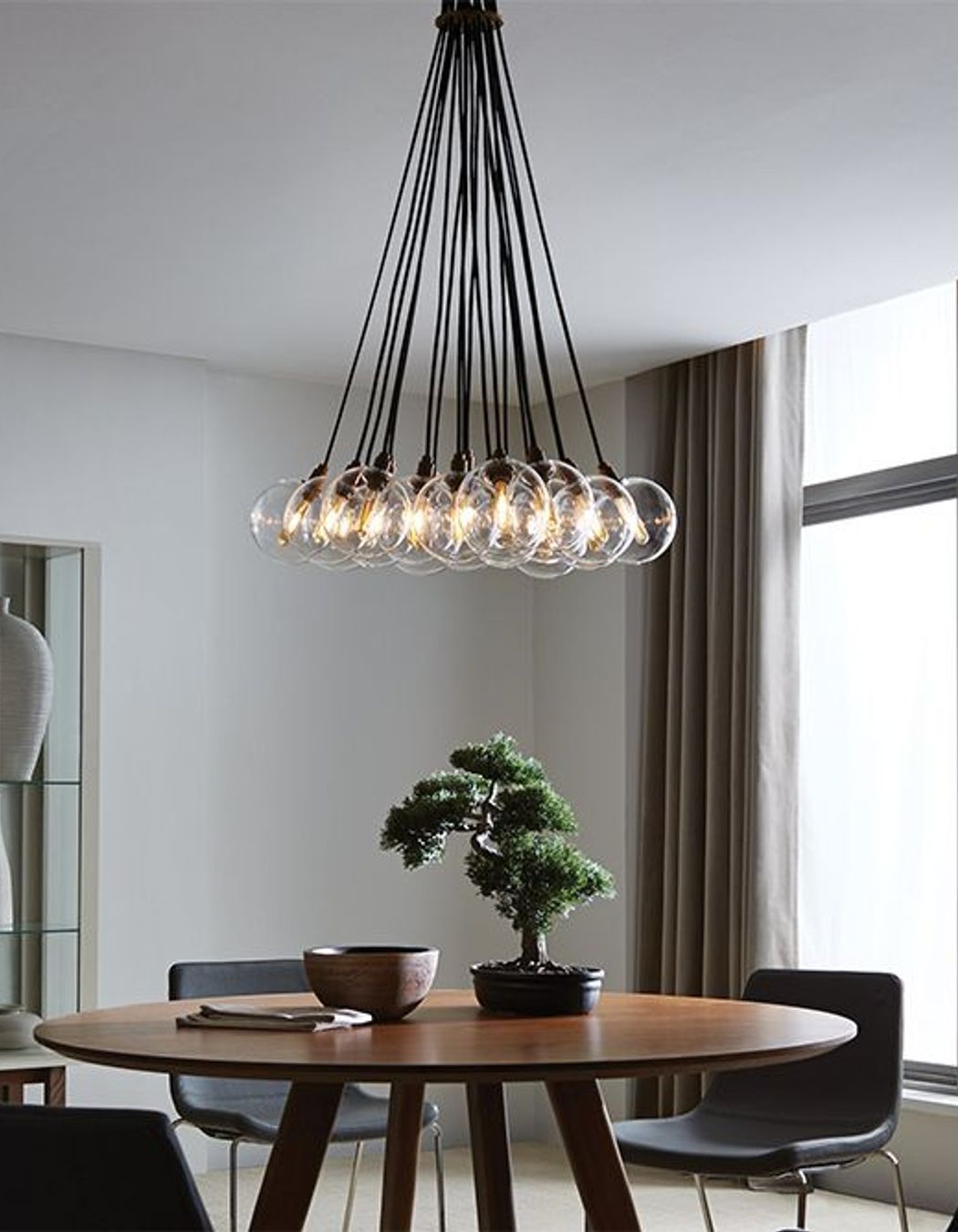Hibernate in style with these cosy winter decor ideas
Written by
08 May 2022
•
4 min read

As temperatures drop and the days grow shorter, it becomes particularly important for your home to feel like a snug respite from the often harsh winter weather. Fortunately, creating a cosy home for the cooler months doesn’t require a complete overhaul.
From considered technical alterations to simple interior design tweaks, here’s how to turn even the airiest house into a toasty haven.

Double or nothing
Despite windows only comprising 10-15% of the entire building envelope, they account for up to 45% of heat loss in the home. Good insulation is one of the best ways to not only improve thermal comfort during the winter months but improve energy efficiency all year round. Selecting double-glazed uPVC windows and doors lets natural light in while preventing heat loss during winter. These windows contain a sealed or argon-filled air gap that sits between each pane of glass, which acts as an additional barrier against heat loss.
If you’re planning a major renovation or new build, pay close attention to the orientation and window placement in your home. To maximise the winter sun, it’s best to have living and kitchen areas facing north and service areas on the south side. To minimise heat loss, ensure any south-facing walls use smaller windows.

Floor it
When deciding on a material for flooring, it pays to consider thermal mass. Opt for floors with high thermal mass such as concrete, stone, or masonry. These materials have a higher ability to store heat and radiate it back, making for a warmer home than materials with low thermal mass such as timber.

Block it out
Around 35% of heat in a home escapes through gaps around walls and doors. In addition to opting for double-glazing, work to identify and seal gaps around window and door frames; these can be found using a thermal imaging camera or simply by burning incense or sage in drafty rooms and seeing where the smoke travels. A door snake is a quick temporary solution, however, it’s best to seal gaps around the door frame permanently using a door strip seal. Gaps between floorboards and skirting also create the potential for heat loss. These can be sealed using a silicone sealant.

Rug up
Not only do rugs provide a home with an undeniably cosy aesthetic, thicker rugs also work to keep your toes warm and add a little insulation to floors. Opt for a heavy-duty woollen or fluffy rug to ward off the winter chill and place in living rooms and around the perimeter of your bed.

Spinning in reverse
While fans are not typically thought of as a winter essential, models with a winter setting spin clockwise, pushing warm air back down and improving ventilation.

Velvet dreams
"I would drape myself in velvet if it were socially acceptable,” Seinfeld’s George Costanza once proclaimed. An apt sentiment during winter, velvet is equal parts warm and luxurious, with its tactile nature contributing to its heat-retaining properties. Opt for plush velvet sofa cushions or throws in jewel-toned colours to add a sense of louche elegance to any living space.

Embrace your dark side
Although light colours such as creamy white and mustard yellow paint are often thought of as the best hues to bring a sense of warmth back into winter days, dark moody colours actually work to retain heat better and foster a sense of intimacy and escapism. Embrace rich jewel tones such as deep emerald, midnight blue, or amethyst, or lean into the inherent dramatism of black, charcoal, or grey and use pops of pastel and metallic accessories to lighten the mood.

Light it up
Winter weather is accompanied by shorter days and longer nights. To ensure your space still feels bright and optimistic, add cosy lighting in the form of floor lamps, pendant lighting, and tabletop lamps. Opt for soft lighting in the form of yellow light rather than the conventional white; this creates a warmer feel and promotes a sense of relaxation.
Words by Tanisha Angel